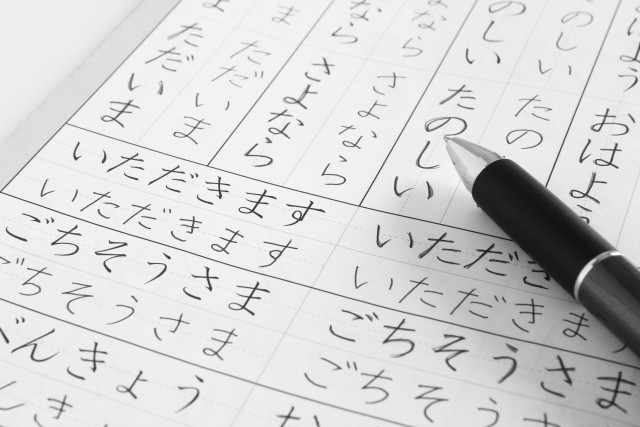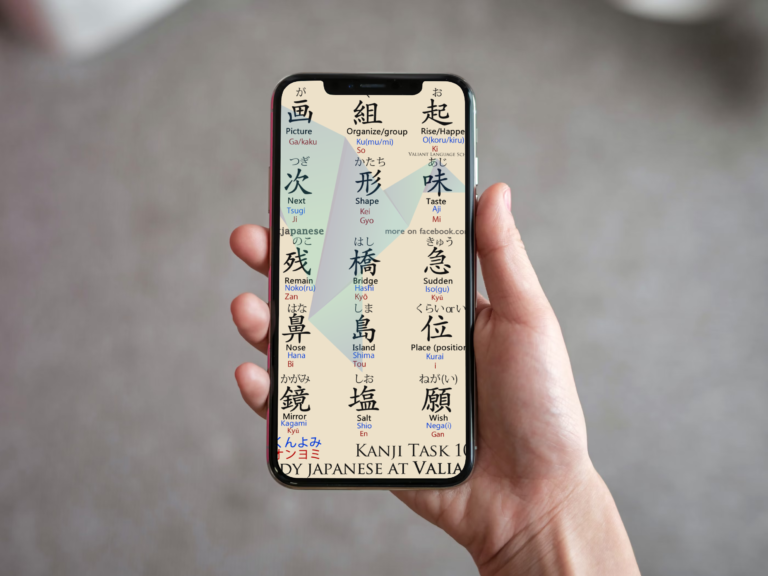Embarking on an exploration of Japanese cultural etiquette reveals a world where every gesture, word, and action carries deep significance. As an outsider, you must enroll in a business Japanese lessons to fully understand the cultural nuances and avoid any mistakes. Let’s dive into the intricate customs and traditions that shape social interactions in Japan:…

Arubaito “アルバイト” Gateway to Japanese Work Culture
Embarking on an arubaito in Japan is like opening a door to the unique world of Japanese work culture. Here’s how it can help you understand and appreciate the intricacies of working in Japan: Punctuality: Japanese work ethics place a high value on being on time. Being punctual shows respect for your colleagues and the…

Mastering Japanese Verb Conjugations Made Simple.
Navigating Japanese verb conjugations may seem as challenging as solving a Rubik’s cube blindfolded. But fret not, as we can unravel this puzzle step by step. Let’s simplify the process with business Japanese lessons and pave the way for smoother communication in Japanese: By breaking down these key components and practicing regularly, you’re on the…

Mastering Business Japanese: Unlocking Communication Proficiency at Valiant Language School.
In today’s interconnected global economy, proficiency in business Japanese is a valuable asset that opens doors to a myriad of opportunities. At Valiant Language School, we understand the significance of effective communication in the business realm, which is why our specialized course is meticulously designed to enhance both spoken fluency and written proficiency in Japanese….

Enhancing Business Success through Japanese Language Mastery.
Are you ready to boost your business success by mastering the Japanese language? If you know Japanese well, these things will help your business. Taking the business Japanese lesson will help your company do better and make you important in Japan’s growing business world. Importance of Networking in Japan Mastering networking in Japan is essential…

How to say NO or to Refuse in Japanese.
Refusing or saying no in Japanese can be nuanced and context-dependent, varying based on the level of formality and the relationship between the speakers. Here are some common ways to say no or refuse in Japanese across different situations, ranging from casual to formal: 1. いいえ (Iie) Usage: Polite and formal, used in most situations….

Showing Gratitude in Japanese.
Here are various ways to show gratitude or respond to expressions of thanks in Japanese, spanning from casual to formal situations: 1. ありがとう (Arigatou) Usage: Casual, commonly used among friends and family. Example: 「手伝ってくれてありがとう!」- 「いいえ、ありがとう!」(“Tetsudatte kurete arigatou!” – “Iie, arigatou!”) – “Thank you for helping!” – “No, thank you!” 2. どうもありがとう (Doumo arigatou) Usage: Casual,…

How to say goodbye in Japanese?
Saying goodbye in Japanese can vary depending on the formality of the situation, the relationship between the speakers, and the time of day. Here are some common ways to say goodbye in Japanese along with examples: 1. さようなら (Sayōnara) Usage: Formal, used when you may not see the person for a long time. Example: さようなら、また来年会いましょう。(Sayōnara,…

Building Stronger Connections: Business Japanese for Networking Success.
Imagine yourself navigating through Japan’s corporate ladder, decoding linguistic subtleties while engaging with your Japanese counterparts, not just as mere business associates but as partners bound by mutual respect and shared interests. It’s a journey that demands more than just knowing how to say ‘Konichiwa’. If you’re ready to transform your interactions from transactional exchanges…

Mastering Business Japanese: Your Gateway to Global Opportunities.
Are you asking if you are interested in unleashing a breath of fresh air into a world full of global opportunities? Is your business prepared to reach undiscovered heights of growth? You need look no further than mastering business Japanese lessons. In this post, we will discuss the business Japanese language, its application and why…
Top Rated Hospitals in Japan for Major Treatments.
The University of Tokyo Hospital (東京大学医学部附属病院): Located in Tokyo, it is associated with the University of Tokyo and is known for its research and medical services. Luke’s International Hospital (聖路加国際病院): Situated in Tokyo, St. Luke’s is a general hospital with a good reputation for various medical services. Osaka University Hospital (大阪大学医学部附属病院): Affiliated with Osaka University,…

Start-up Visa Entrepreneur in Japan.
The Entrepreneur Visa in Japan, officially known as the “Business Manager Visa” (ビザ経営管理), is designed for individuals who plan to engage in business activities and invest in Japan. To be eligible for business management residency, foreigners must currently obtain a location of business, hire at least two full-time employees, or spend 5 million yen ($33,000)….

Navigating Verb Conjugations in Japanese.
A Practical Guide with Examples Introduction: Understanding verb conjugations is essential for anyone learning Japanese, a language rich in nuances. In this guide, we’ll delve into the intricacies of Japanese verb conjugations, providing examples to help you grasp these concepts and apply them in real-world scenarios. 1. Present Affirmative Form (Present Indicative): Use: Describing habitual…

Getting Spouse Visa in Japan.
The process of getting married to a Japanese national and obtaining a spouse visa can involve several steps. Keep in mind that the procedures may vary, and it’s important to check with the local authorities and embassy for the most up-to-date information. Here’s a general checklist to guide you through the process: Before Marriage: Check…

The Role of Technology in Education at a Japanese School in Roppongi.
Nestled in Tokyo’s vibrant Roppongi district, an innovative Japanese school in Tokyo is redefining educational standards through the integration of technology. This place of learning isn’t just a school; it is the beacon of advanced education technology. Here, we explore how the integration of electronic resources is enhancing teaching and learning at this school. 1. Digital Classrooms…

